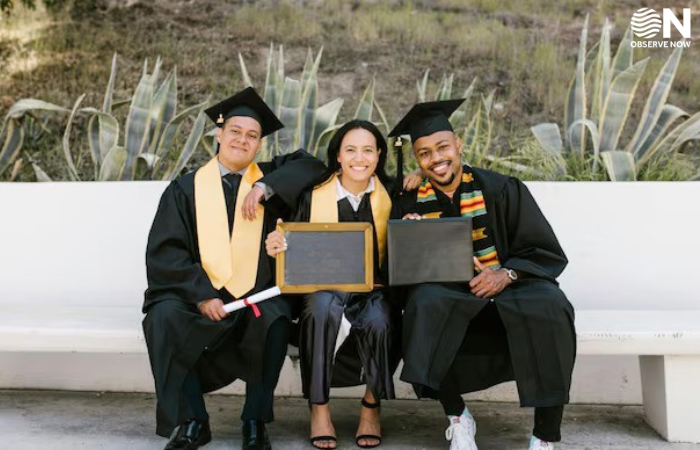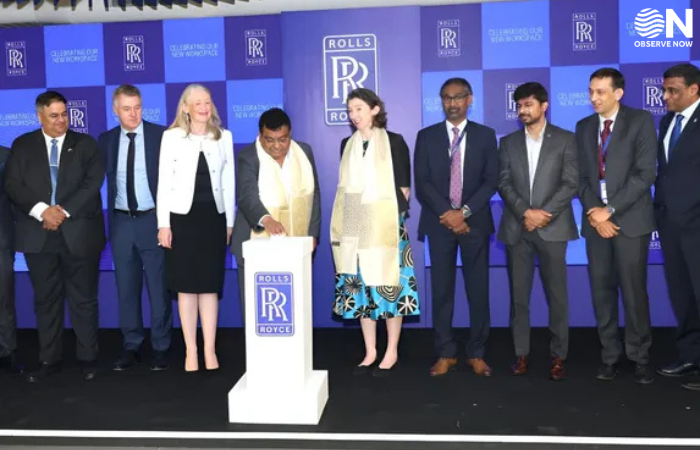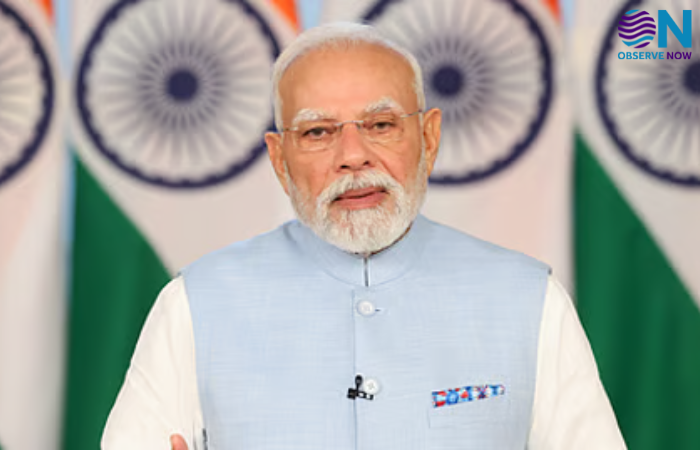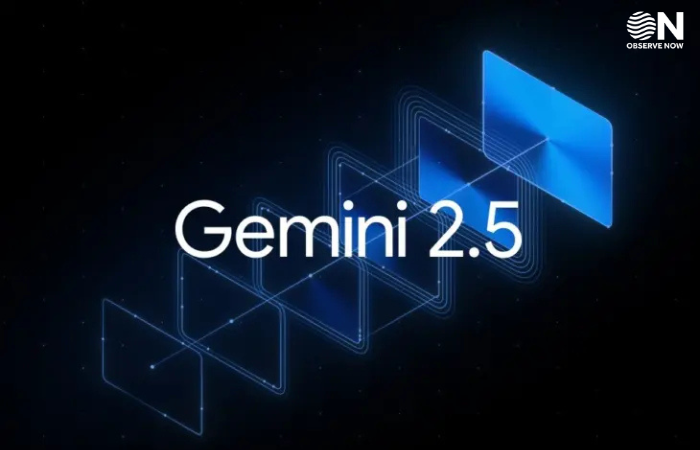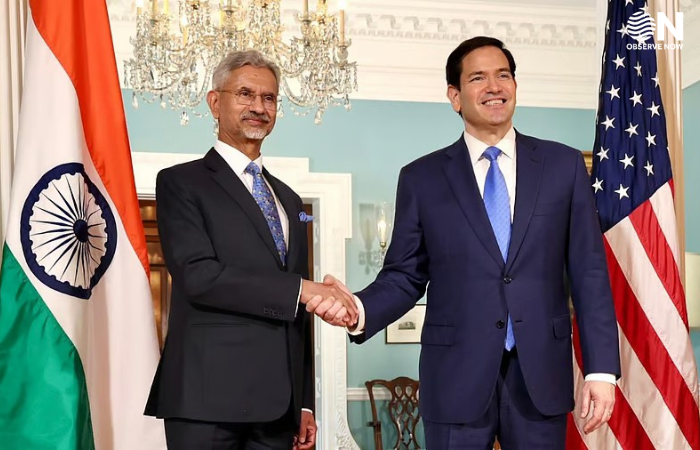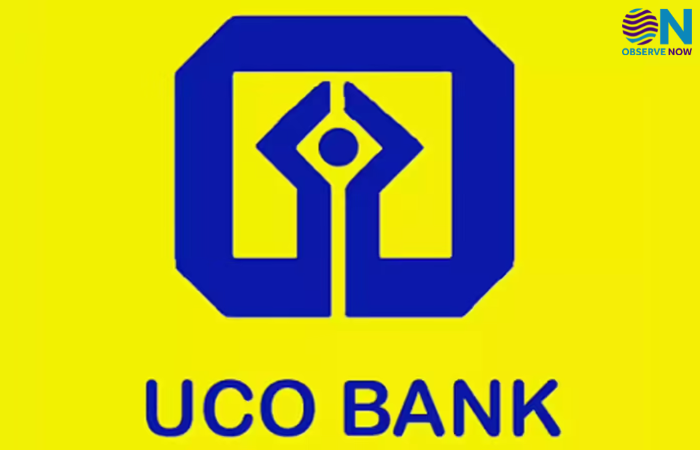India’s upGrad Eyes Asia Expansion as US Campuses Lose Appeal
Indian edtech startup upGrad is planning a strategic expansion of its university partnerships across the Middle East and Asia-Pacific regions, including Singapore, Malaysia, Japan, Vietnam, and Bangladesh. The move comes in response to a declining interest among Indian students in U.S. and U.K. campuses, driven by stricter visa regulations, rising tuition fees, and the increasing cost of living abroad.
upGrad aims to provide students with high-quality online education and blended learning opportunities in collaboration with international universities closer to home. By partnering with institutions in Asia and the Middle East, the platform seeks to offer programs in technology, business, and professional upskilling that align with global industry standards while remaining accessible and affordable for students.
The company’s expansion strategy also focuses on leveraging regional demand for digital education and professional training, tapping into markets where students are seeking flexible alternatives to traditional overseas education. This approach allows upGrad to cater to a growing population of learners looking for internationally recognized programs without the complexities of long-term relocation.
Industry analysts note that upGrad’s shift reflects broader trends in higher education, where regional and online learning platforms are gaining prominence as global mobility challenges persist. By strengthening its presence in Asia and the Middle East, upGrad is positioning itself as a leading player in the international edtech landscape, offering quality education that bridges local and global standards.
With this expansion, upGrad hopes to empower students across multiple countries, providing access to advanced education, skill development, and career opportunities while addressing the evolving preferences of learners in a rapidly changing global environment. The strategy underscores the company’s commitment to innovation, accessibility, and growth in international education.






